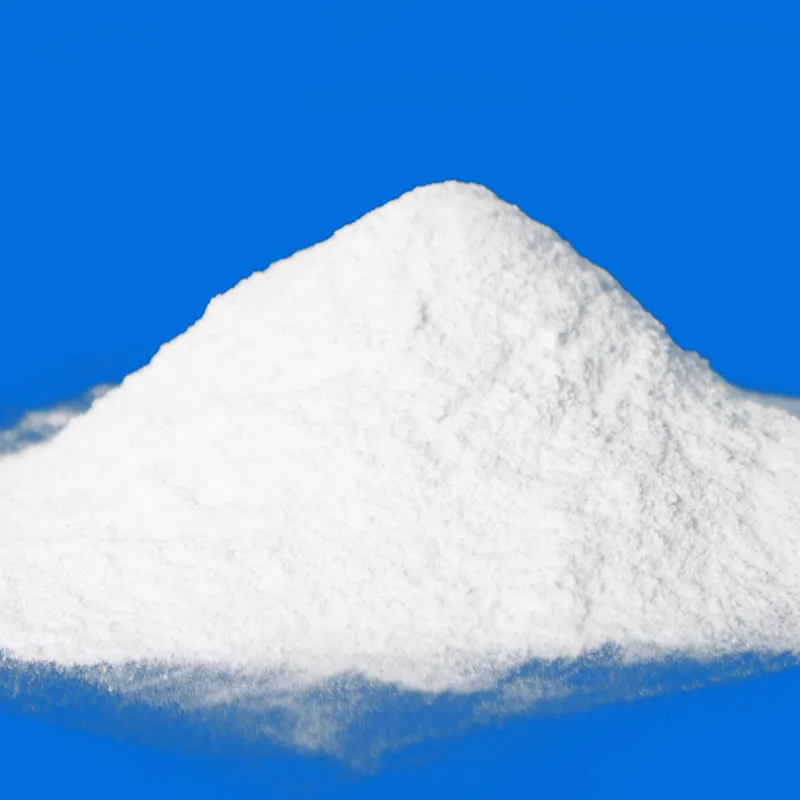
Exploring the Impact of Sweeteners 950, 952, and 955 on Health and Nutrition
Understanding Sweeteners An Insight into E950, E952, and E955
In the world of food and nutrition, sweeteners play a pivotal role in enhancing the flavor of various products while often reducing calorie intake. Among the many synthetic and natural sweetening agents available, E950 (Acesulfame K), E952 (Cyclamate), and E955 (Sucralose) have gained popularity due to their unique properties and applications. This article aims to explore these sweeteners, their characteristics, potential health impacts, and regulatory status.
E950 - Acesulfame K
Acesulfame K, commonly referred to as Acesulfame Potassium or sweetener E950, is an artificial low-calorie sweetener that is approximately 200 times sweeter than sucrose (table sugar). Discovered in the 1960s, Acesulfame K is often used in combination with other sweeteners to enhance sweetness without significantly adding to the caloric content of foods and beverages.
One of the significant benefits of E950 is its stability under heat, making it an ideal sweetening agent for baked goods and cooking applications. It is commonly found in numerous products, including soft drinks, sugar-free candies, and desserts. The sweetener has been the subject of extensive research, with regulatory bodies such as the FDA, EFSA, and WHO declaring it safe for human consumption within established acceptable daily intake limits.
However, some studies have raised concerns regarding potential health effects, including its role in altering gut microbiota and its long-term impact on metabolism. Despite this, regulatory approval and usage continue, primarily due to extensive evidence supporting its safety when consumed within regulated amounts.
E952 - Cyclamate
Cyclamate, or E952, is another artificial sweetener that was discovered in the 1930s. It is often used in various food products, particularly in combination with other sweeteners, to achieve a balanced taste. Cyclamate is about 30-50 times sweeter than sugar and is often used in dietary and low-calorie options, including beverages and confections.
sweeteners 950 952 955

Cyclamate’s history has not been without controversy; in the 1970s, it was banned in the United States after studies suggested a possible link to cancer in laboratory rats. However, regulatory bodies in several other countries have not found sufficient evidence to warrant a ban, and it is still widely used in products around the world. The European Food Safety Authority (EFSA) has recently re-evaluated its safety and concluded that it is safe for consumers within the established guidelines.
Nonetheless, its regulatory status varies by country, and consumers should be aware of the differing perspectives regarding its safety.
E955 - Sucralose
Sucralose, also known by its E955 designation, is a chlorinated derivative of sucrose and is about 600 times sweeter than sugar. Sucralose is unique due to its ability to retain the flavor profile of sugar while providing zero calories, thereby making it a popular choice in various products, including beverages, baked goods, and even certain pharmaceutical applications.
One of the crucial advantages of sucralose is its stability at high temperatures, allowing it to be used in cooking and baking without losing sweetness. Considerable research has been conducted to assess its safety, and organizations like the FDA, EFSA, and WHO have deemed it safe for human consumption within designated limits.
However, like other artificial sweeteners, sucralose has faced scrutiny. Some studies have reported potential effects on gut health and glucose metabolism, leading to calls for further research into its long-term impacts. Nonetheless, it continues to be a favored sweetening agent due to its effectiveness and versatility.
Conclusion
E950, E952, and E955 represent a significant part of the artificial sweetener landscape, each with its unique properties and applications. While they offer low-calorie alternatives to sugar, ongoing research and regulatory evaluations are essential to ensure their safety and efficacy. Consumers should make informed choices based on current scientific evidence, personal health goals, and dietary preferences. As our understanding of sweeteners evolves, so too will our approaches to sweetening the foods we enjoy.
-
Understanding Synthetic Rubber OptionsNewsApr.27,2025
-
Trichloroisocyanuric Acid: Essential for Clean and Safe WaterNewsApr.27,2025
-
Sodium Dichloroisocyanurate: Key to Safe Water TreatmentNewsApr.27,2025
-
Sodium Acid Pyrophosphate: Essential in Modern Food ProcessingNewsApr.27,2025
-
Essential Water Treatment ChemicalsNewsApr.27,2025
-
Denatured Alcohol and Its Industrial UsesNewsApr.27,2025
-
The Versatile Uses of Sodium BicarbonateNewsApr.24,2025
Hebei Tenger Chemical Technology Co., Ltd. focuses on the chemical industry and is committed to the export service of chemical raw materials.
-

view more DiethanolisopropanolamineIn the ever-growing field of chemical solutions, diethanolisopropanolamine (DEIPA) stands out as a versatile and important compound. Due to its unique chemical structure and properties, DEIPA is of interest to various industries including construction, personal care, and agriculture. -

view more TriisopropanolamineTriisopropanolamine (TIPA) alkanol amine substance, is a kind of alcohol amine compound with amino and alcohol hydroxyl, and because of its molecules contains both amino and hydroxyl. -

view more Tetramethyl Thiuram DisulfideTetramethyl thiuram disulfide, also known as TMTD, is a white to light-yellow powder with a distinct sulfur-like odor. It is soluble in organic solvents such as benzene, acetone, and ethyl acetate, making it highly versatile for use in different formulations. TMTD is known for its excellent vulcanization acceleration properties, which makes it a key ingredient in the production of rubber products. Additionally, it acts as an effective fungicide and bactericide, making it valuable in agricultural applications. Its high purity and stability ensure consistent performance, making it a preferred choice for manufacturers across various industries.











